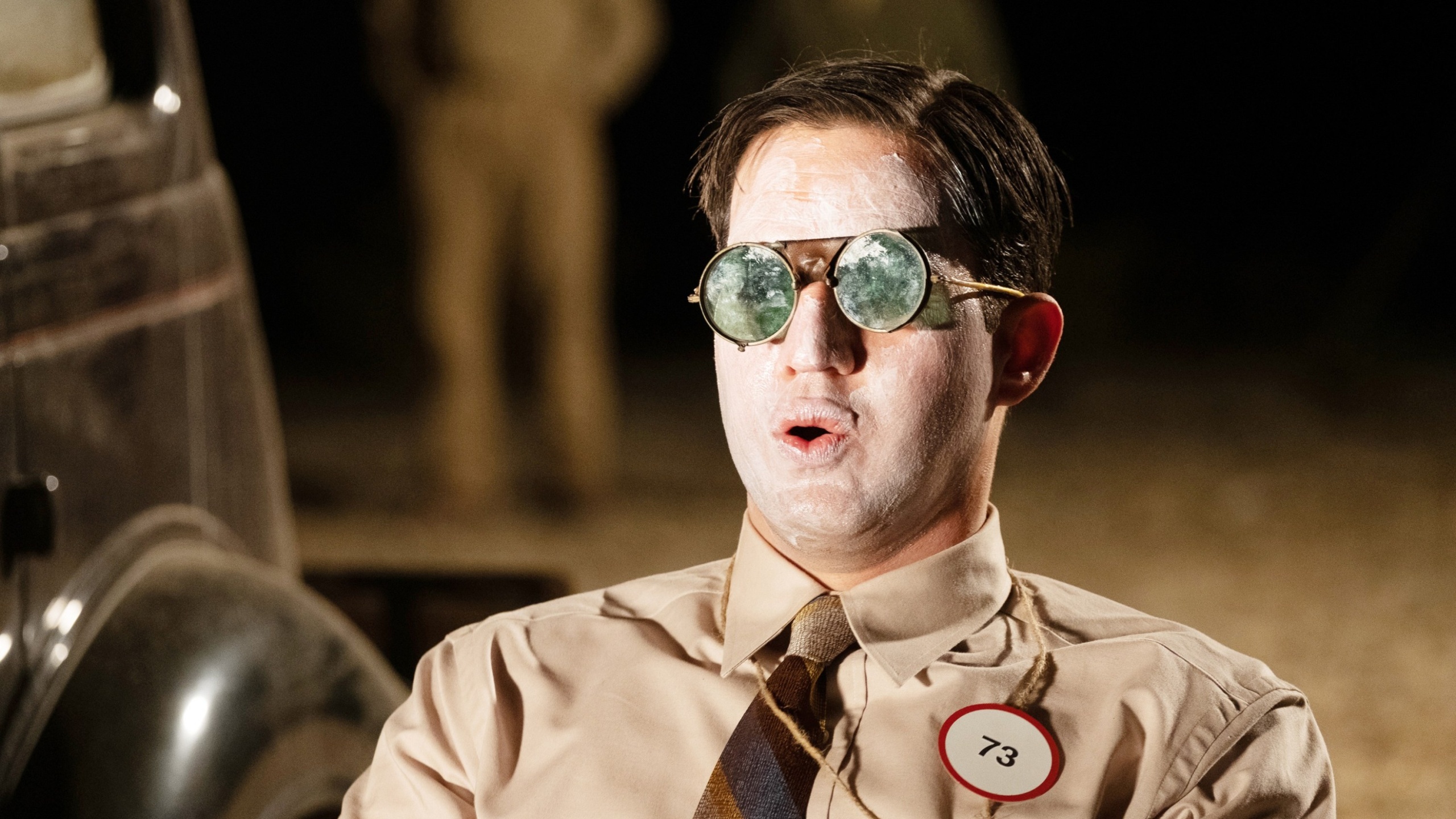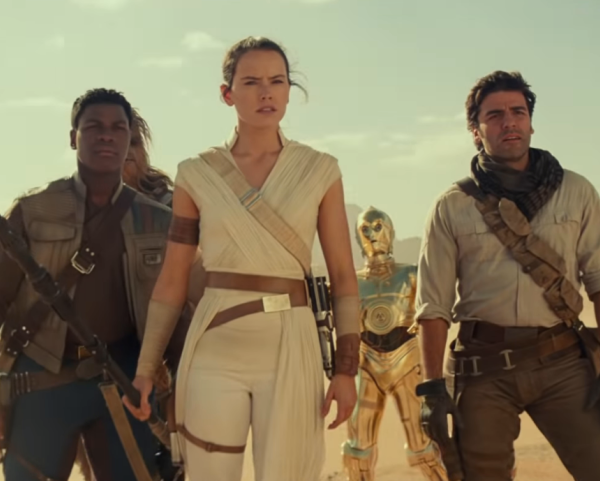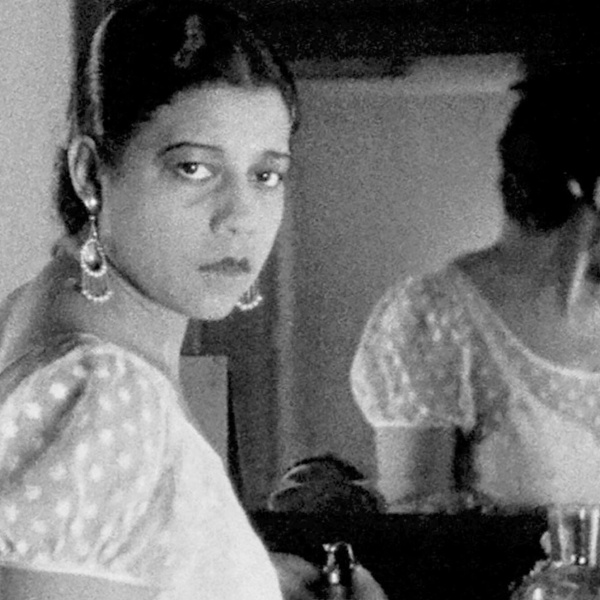“Oppenheimer” wins Best Picture at the Oscars, ending an Academy Awards season that gave many hope that blockbusters for adults were actually back.
The Christopher Nolan epic about the creation of the atomic bomb took seven Oscars March 10 at the Dolby Theatre, the most of any film in contention. It also ended its theatrical run with $957 million worldwide, making it the highest-grossing Best Picture winner since “The Lord of the Rings: The Return of the King,” and its $1.1 billion, claimed the top prize exactly 20 years ago.
“Oppenheimer” won Best Supporting Actor for Robert Downey, Jr., Best Film Editing, Best Cinematography, Best Original Score, Best Actor for Cillian Murphy, Best Director for Nolan, and Best Picture.
“Oppenheimer” represents the biggest success Nolan has ever had at the Academy Awards. Its 13 nominations outclasses the three films of his that previously tied for the most noms in his filmography: “The Dark Knight,” “Inception,” and “Dunkirk,” with eight nominations apiece. It was for “Dunkirk” that he received his first-ever Best Director nomination — Nolan was famously passed over for a directing nomination for 2010’s “Inception.” His last film, 2020’s “Tenet,” only received two nominations: for Best Production Design and Best Visual Effects, the latter of which it won.
Its win for Best Picture was all but a foregone conclusion at a certain point this awards season: It won the equivalent prize at the PGA Awards, the Golden Globes, the Critics Choice Awards, and the BAFTAs.
“Oppenheimer” famously premiered on the same day as Greta Gerwig’s “Barbie,” which was an even bigger hit, with $1.45 billion worldwide. Nolan’s film was the third-highest grossing film at the worldwide box office in 2023, following “Barbie” and “The Super Mario Bros. Movie,” an extraordinary achievement for a three-hour epic about the creation of the atomic bomb mostly centered on people talking in dimly lit, dusty rooms. At the very least it gave hope that blockbuster spectacles for adults, not rooted in franchise IP, might still have box office potential.
The craft of “Oppenheimer” is, by any standard, among the most impressive of this or any year, particularly its sound design. IndieWire’s Jim Hemphill dove into how the boldest sound in “Oppenheimer” was its silence, especially in that extraordinary moment after you see the first atomic bomb has ignited in the Trinity Test — but before you hear it.
In fact, “Oppenheimer” has been cleaning up on the guild awards circuit in the leadup to the Oscars, such as at the MPSE Awards, the ACE Eddies, and the ASC Awards.
In his review of “Oppenheimer” back in July 2023, David Ehrlich wrote, “At first, I thought that if J. Robert Oppenheimer didn’t exist, Christopher Nolan would probably have been compelled to invent him. The exalted British filmmaker has long been fixated upon stories of haunted and potentially self-destructive men who sift through the source code of space-time in a desperate bid to understand the meaning of their own actions, and so the “father of the atomic bomb” — a theoretical physicist whose obsession with a twilight world hidden inside our own led to the birth of the modern age’s most biblical horrors — would seem to represent an uncannily perfect subject for the “Tenet” director’s next epic. And he is. In fact, Oppenheimer is so perversely well-suited to the Nolan treatment that I soon began to realize I had things backwards: Christopher Nolan only exists because men like J. Robert Oppenheimer invented him first.”
The film drew some debate over the past months about whether its decision to omit the destruction of Hiroshima and Nagasaki itself was one of erasure, or something deeper. I wrote in an article titled “In 2023, What We Didn’t See Onscreen Was as Important as What We Did,” that “It wasn’t just the bombings themselves that cast a shadow over the post-1945 world order. It was the idea of the bombings. The way they occupied space inside the mind of anyone with sense ever since. A book like John Hersey’s ‘Hiroshima,’ with its endless, Dante-like descriptions of human suffering could live in one’s brain forever after you turn the last page. Because you yourself have conjured the images when reading it. Much the way Cillian Murphy’s J. Robert Oppenheimer ultimately does when he imagines the singed, peeling flesh on his colleagues’ faces when receiving their applause.
That small-scale vision he has shows the limits of his empathy — he can only imagine the suffering of people he directly knows — but it’s hard to imagine how Nolan could have done it any differently.”
Christopher Nolan is 53. It’s hard not to see his film winning Best Picture as a turning point for Hollywood itself, away from its obsession with the superhero movies that made Nolan’s name and toward… something else. What exactly that is is yet to be determined. But “Oppenheimer,” a film with a point of view unique to its maker and an intelligence worthy of its material suggests Hollywood may finally be heading in a better direction.






